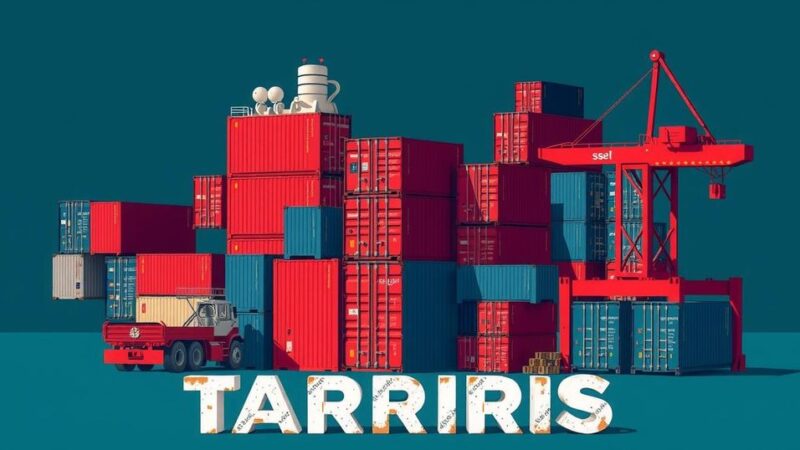Blackstone is finalizing a deal to reacquire Trans Maldivian Airways for nearly its original selling price of $500 million, eight years following its exit. The purchase comes after a tumultuous period for the seaplane operator, which included a bankruptcy and debt restructuring. TMA’s importance in the tourism sector underscores the impact of global events on its operations.
Blackstone, the largest private equity firm globally, is nearing a deal to reacquire Trans Maldivian Airways (TMA) at a price close to its original selling value. This reacquisition occurs eight years after Blackstone sold TMA for $500 million to a consortium that included Bain Capital and Tempus Group. The return of TMA to Blackstone follows a challenging period, including the pandemic’s impact on the seaplane operator, which led to loss and eventual bankruptcy, followed by a debt restructuring process.
In 2017, Blackstone executed a significant exit, monetizing its $98 million investment and realizing a remarkable return of 4.8 times over four years. However, Bain’s ambitions to attract high-end leisure travelers faced severe disruption due to the pandemic, ultimately leading to the company’s lenders seizing control when Bain failed to repay a substantial $305 million loan. A new consortium of lenders, including Carlyle and King Street Capital Management, subsequently gained majority control of TMA.
The original financing for Bain’s acquisition was facilitated by commercial banks including Deutsche Bank and HSBC, which subsequently sought to sell TMA during the recovery phase of leisure travel. TMA reported revenues of $177.9 million in 2024, with expected EBITDA figures ranging between $70 to $80 million for the current fiscal year. Various private equity firms and business entities, such as Apollo Global Management and InterGlobe, were considered potential interested parties; however, many were hesitant due to the uncertainties surrounding the tourism sector.
Lenders anticipate a valuation of between $550 million and $700 million for TMA, although potential buyers have shown restraint at these figures. TMA, established in 1993 initially as Hummingbird Island Helicopters, currently operates a fleet of 65 DHC-6 Twin Otters, connecting over 80 resorts across 16 atolls in the Maldives with more than 400 daily flights. The company’s link to tourism proves critical, as it exclusively transfers over one million passengers annually among Maldivian islands. During the pandemic, TMA opted to suspend scheduled flights, converting to an on-demand service instead. The competition for the Maldives tourism market continues between India and China, although trends have shifted as of 2024.
In summary, Blackstone is poised to reacquire Trans Maldivian Airways following its initial sale eight years ago. This deal reflects the turbulence experienced by TMA due to external factors such as the pandemic. The company’s ongoing link to the tourism industry underscores its operational significance, while market valuation remains a focal point for potential investors.
Original Source: infra.economictimes.indiatimes.com






